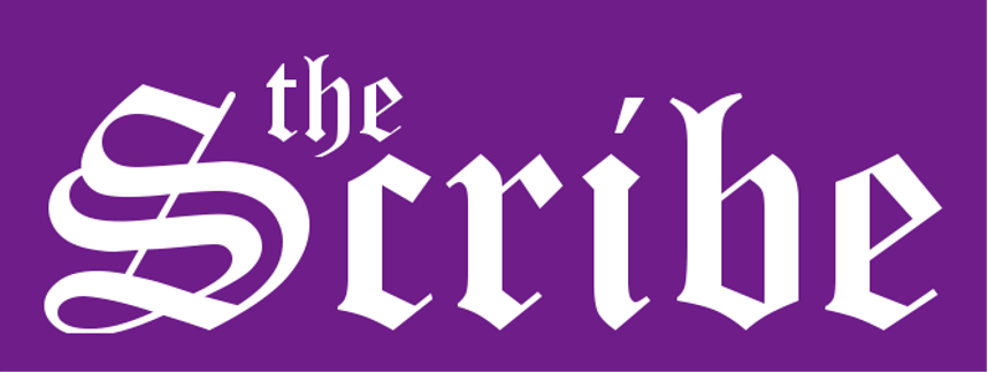Leftist, AGAIN?
It is incredible how South America has taken a 180ø turn in the past few years. A place with relative common culture, religion and language, has once again created an impact on world politics as a leftist corner of the globe. During the 1960s and 1970s, we had different leftist tendencies that stretched out through the whole South American realm as dictatorships. One question South Americans should ask themselves is if, according to the phrase “Those who do not learn from the mistakes of the past are doomed to remake them,” they are willing to pay the consequences of leftist rule over their territory, again.
Beginning in Caribbean, Venezuela with former army man Hugo Chavez, continuing with Brazil and its “worker” president Lula da Silva, we find the two giants of the continent subjugated by these two men who have common interests, but also try to seek a secure post in the international society. Venezuela, ranking fifth in world oil reserves and first in natural gas reserves, is blamed as the toxic component that changed the balance leftward. Some South American people have expressed that Venezuela is buying its neighbors with “petrodollars” and are limiting the level of democracy that should exist there. This theory has not proved either correct or incorrect, but what we do know is that a part of Brazil’s oil company, Petrobras’ stocks have been bought by Venezuela.
The tendency grows southward with Argentina and Chile commanded by Nestor Kirchner and Michelle Bachelet, respectively and ending northward again with troublesome Bolivia governed by Amerindian president Evo Morales. Chile has been known as the “Economic Model of South America” and it should maintain this way and hopefully not end in a leftist revolution that will cause only chaos in the nation. So far, elected president Michelle Bachelet has not given any declarations that will prove a hazard for the country’s economic position. On the other hand, Argentina has demonstrated an alliance with the Venezuelan government and it is also known that they do have investments in the public sector of the state. Bolivia, a place where social justice and legal reform is extremely needed, has expressed that they will not quit the coca plantations, and if they do, they would like US involvement to a small extent. On declarations last week, elected president Morales expressed that he would accept US involvement if their freedom is not threatened.
As it can be appreciated, it seems like the Venezuelan government preceded by President Hugo Chavez is the main key that has created this leftist tendency with a rejection of US policies in the continent. Moreover, last year in November, President Bush was himself a witness of the distrust that South Americans have toward the US government when he was humiliated by tens of thousands of people in Argentina and Brazil. We also have to note the constant influence of Cuba and Fidel Castro in the decisions taken by leftist governments in South America. Morales considers Cuba full of justice and freedom; Chavez is a strong advocate of Fidel and has common agreements to improve education.
The matter here is not if South America has a leftist tendency towards political decisions. The question here is if we are, again, letting uneducated people rule our lands and manage our lives through economy! If South America has a leftist heart and needs left tendencies to improve its status in the global economy and leave aside the economic depression that it has suffered since colonial times, then let left guide it! But, if these people are wolves disguised as lambs, we better look at the past and try our best to learn about it. if not, we are going to suffer from wounds that have not yet been fully closed.
